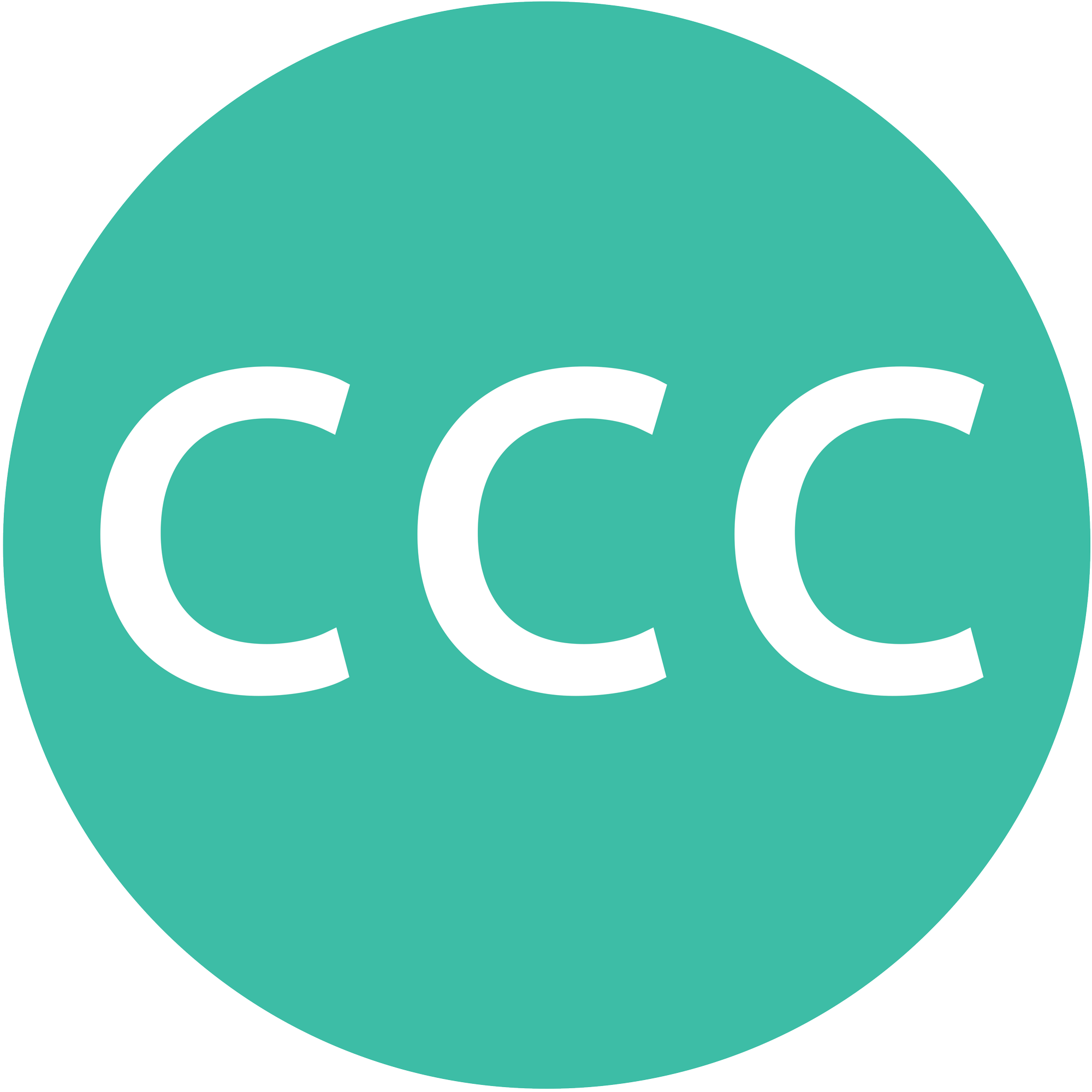I send out my letter on the last Tuesday of each month, so imagine my surprise when I realized last night that today is the last Tuesday of the month. I thought I had another week!
This led me to ask: why did September get shortchanged by a day?
In the very early days, there were only ten months in the year, and it started with March. But then, to make sure the calendar was in sync with the sun, two months were added, each month approximating thirty days to get to 365 days. February, what was then the last month of the year, got cut to 28 days to hit the magic number. Subsequently, for reasons no one seems to agree on, January and February were moved to the beginning of the year, which completely messed up the months’ names. September, which should have been the seventh month of the year became the ninth month.
But the truly puzzling part is why September has only 30 days when others have 31. You can’t take a day off of December because then we wouldn’t have New Year’s Eve. Wouldn’t take a day from the summer months: It would be a slap in the face to Julius Caesar who wanted his month, July, to have 31 days, and Augustus Caesar wanted to match it. But wouldn’t everyone agree that September is a better month than January (unless you happened to be born on January 31) to have the extra day? Who needs all that cold weather?
During the final days of election season, I’m sure politicians and their consultants would agree with me an extra day in September would be great: It gives them an extra day to raise money before the third quarter filing deadline. “Quick, get your money in before the filing deadline!” Why? How did money become the determinant of how well a candidate is doing and whether other donors should contribute to a campaign?
It could make sense if these were grassroots contributions, but the Citizens United Supreme Court decision opened up the floodgates such that, according to Americans for Tax Fairness, 50 “billionaire clans” have invested $600 million in this year’s election so far! These 50 billionaire mega-donor families are collectively worth over $1 trillion, meaning the $600 million they’ve spent on politics only equals 0.06% of their total wealth. As former president Donald Trump reportedly told a room of fossil fuel executives from whom he asked $1 billion for his campaign, it would be a “deal” given the money they would get from the tax and regulatory actions he would take that would pad their finances.
According to Open Secrets, close to $3 billion dollars has been raised for federal elections, and that’s just the reported money given to candidates. Even if all the non-disclosed spending were included, the total would not even be a rounding error compared to the federal government’s annual discretionary spending. So why don’t we get back to a democratically financed campaign system as some states have adopted? Why don’t we promote grassroots political contributions, something akin to Seattle’s “Democracy Vouchers” program where every voter is given an allotment to contribute to candidates of their choice? For roughly $20 billion over a two-year cycle, we could give every citizen $100 for making political contributions.
Of course, we should also limit the amount of money one can contribute to a campaign, but this would require a change in the Supreme Court. The good news is that there are proposals in Congress to pass Supreme Court term limits for all justices. The bills have a common thread: 18-year terms, with a new justice appointed every two years. In some cases, this would begin immediately once enacted, so that the next President would appoint two justices to replace the longest serving current justices – Justices Thomas and Roberts. With Court reform that would balance and fix the most dysfunctional parts of the current Supreme Court, it would be possible to create a future with reasonable campaign contribution restrictions. And there is also American Promise’s effort to pass a constitutional amendment to ensure long-term that people, not money, drives our politics.
At the very least it would be much better, especially for those who want to join the CCC effort to increase charitable giving, for donors to support these 501c3 efforts to promote democracy.
By definition, when the ultra-rich can invest so much money to control our political system, we have oligarchy, not democracy. It intersects with all the problems associated with excessive wealth. In addition to campaign finance laws, we need a tax policy that makes
the ultra-rich less rich.
None of this is easy. But it’s probably easier than getting September its 31st day.
